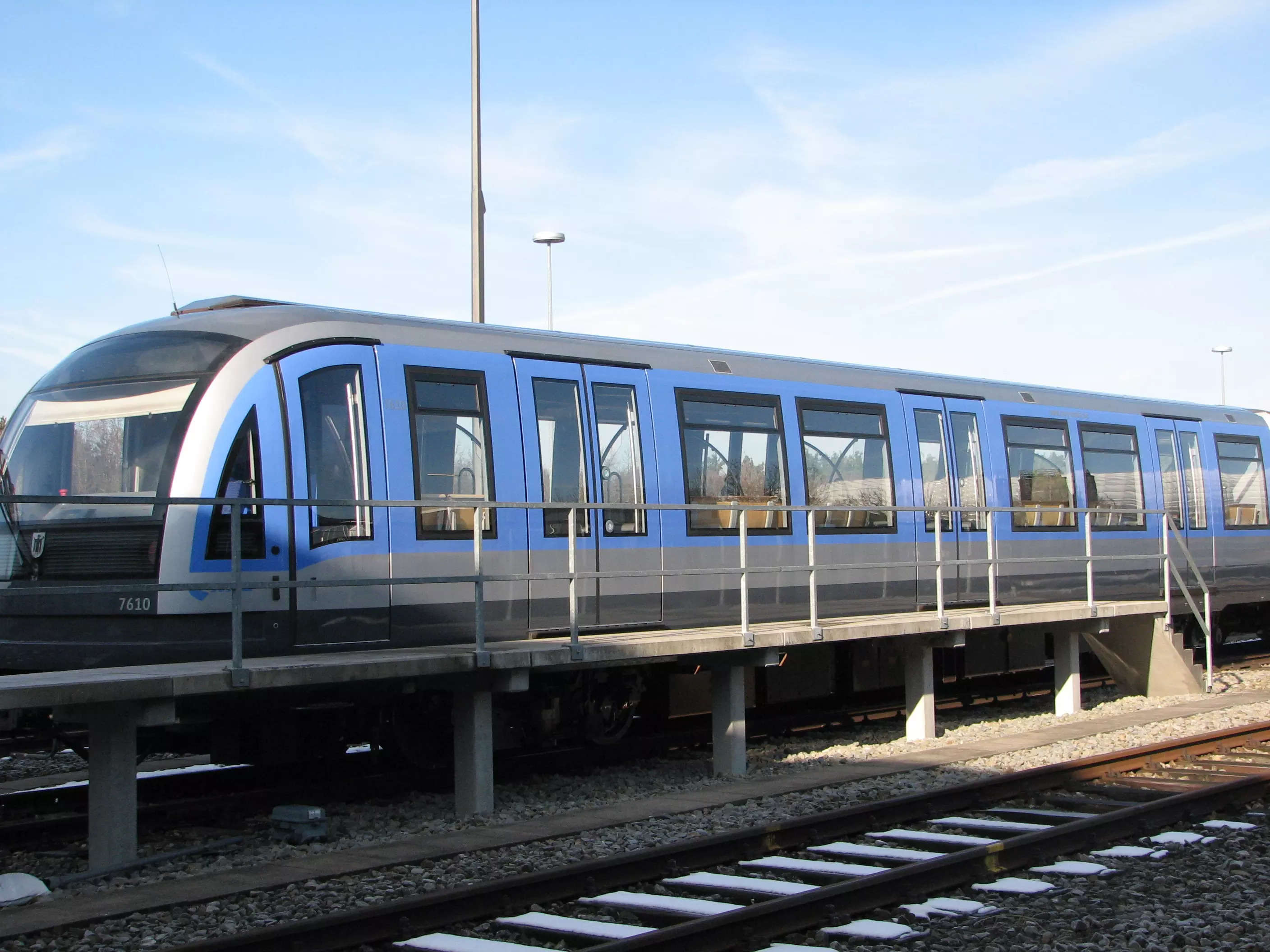
Karnataka government seeks green light on Bengaluru Metro 3rd phase while advocating for key projects to boost water supply, airport logistics, and highway enhancements
The State Government of Karnataka is actively pursuing approvals for two critical phases of the Bangalore Metro Rail project, urging the Central Government to expedite the process. Phase three, with an estimated cost of Rs 15,611 crore, has received approval from the Public Investment Board and awaits final clearance from the Union Urban Development Ministry.
Chief Minister Siddaramaiah emphasized the project’s significance and the readiness of all required documentation for Central Government review following a meeting and subsequent recommendation in May 2024.
Simultaneously, Bangalore Metro Rail Corporation Limited (BMRCL) has submitted the detailed project report (DPR) for Phase 3A, the Hebbal-Sarjapur metro line, to the state government. This 37 km corridor, estimated at Rs 28,405 crore, includes 17 stations, 11 elevated, and 6 underground. The increased cost per kilometer, now Rs 768 crore for Phase 3A, has sparked concerns compared to previous phases (Rs 334.11 crore in Phase 1, Rs 408.93 crore in Phase 2, and Rs 254.13 crore in Phases 2A and 2B). Despite the state government’s approval, final clearance from the Central Government is pending, which includes potential modifications suggested during review.The project’s timeline hinges on Central Government approval, with BMRCL projecting completion within a year thereafter. Key interchanges are planned at Ibblur, Dairy Circle, KR Circle, and Hebbal, crucial nodes for urban connectivity. Notably, land acquisition costs of Rs 9,950 crore constitute a significant portion of Phase 3A’s expenses, shared between the state and central governments. The ongoing negotiation and approval process underscore the challenges and complexities in executing large-scale urban infrastructure projects amidst rising costs and logistical intricacies.
Mekedatu project
The Karnataka state government seeks Central Government approval for two key projects: the Mekedatu drinking water project for Bangalore and surrounding areas, and the development of Bangalore International Airport into an Air Cargo Complex to stimulate exports. The Mekedatu project, aimed at providing 67 TMC of water, has been pending since 2018 and requires Union Environment Ministry clearance. The airport proposal, submitted in June 2024, aims to bolster economic growth through enhanced export infrastructure.
NH issues
The Chief Minister highlighted the urgent need to resolve issues concerning the declaration of 39 ‘in-principle approved roads’ as National Highways, totaling 5225 kilometers. He emphasized redirecting focus towards upgrading state highways with traffic volumes exceeding 10,000 PCU/day to enhance transportation efficiency and reduce congestion. Specific proposals include a tunnel on NH-75 to improve Mangaluru-Bengaluru connectivity, benefiting economic growth. Additionally, plans for a flyover at Manipal Hospital junction on NH-275 and nine grade separators along NH-275K in Mysore Ring Road aim to alleviate urban traffic congestion. Siddaramaiah stressed these projects’ importance for Karnataka’s infrastructure development and economic prosperity.
Elevated corridor
Siddaramaiah further emphasised infrastructure improvements, including an elevated corridor in Belagavi City along the old NH-4 (Pune-Bangalore Section) and the introduction of a cable car service for Gokak Falls in Belagavi District. Enhancing roads connecting Kittur town to Bailhongal town in Belagavi District, alongside constructing bypasses for Kalburgi and Raichur, are crucial for regional connectivity. “Moreover, widening the Belur-Chikkamagaluru Section on NH-373 to four lanes and undertaking one-time improvements on NH-150A within Challakere town limits are vital for enhancing traffic flow and safety,” he added. Siddaramaiah stressed the importance of widening NH-766 (Old NH-212) to four or six lanes from Kerala/Karnataka border to Kollegal via Gundlupet, Nanjangud, and Mysuru, and upgrading in-principle approved state roads to National Highways to meet growing transportation demands efficiently. These proposals aim to address critical infrastructure needs, support economic development, and improve connectivity across Karnataka, enhancing the overall quality of transportation and facilitating smoother movement of goods and people throughout the region.